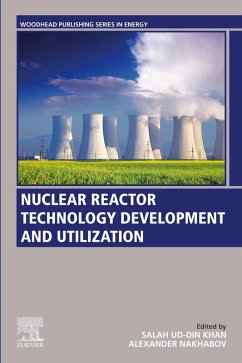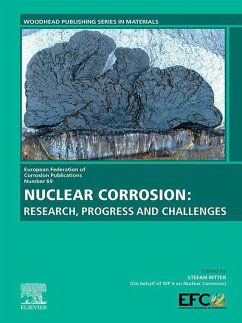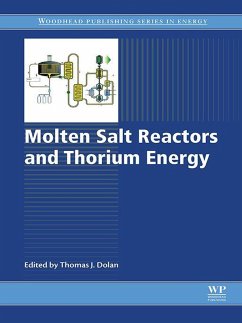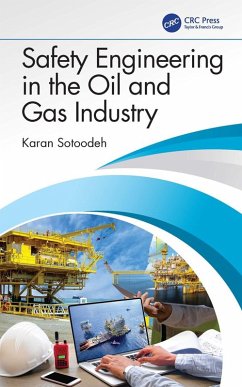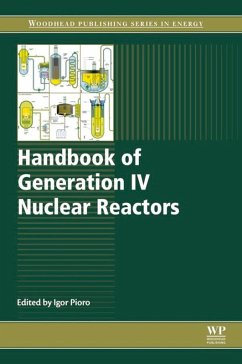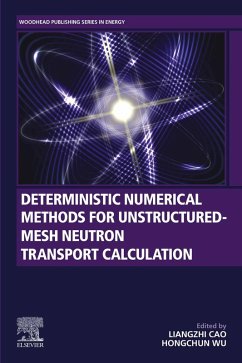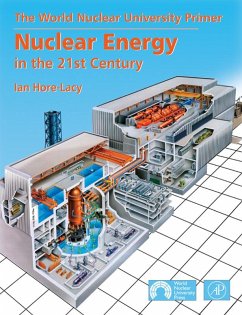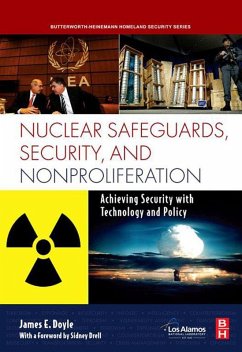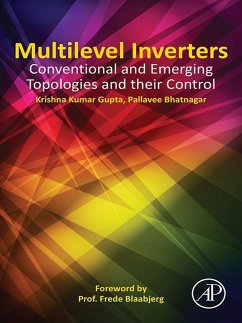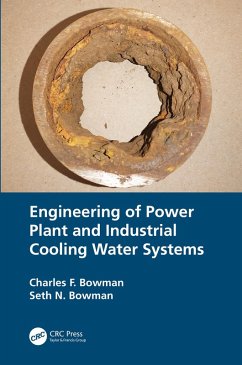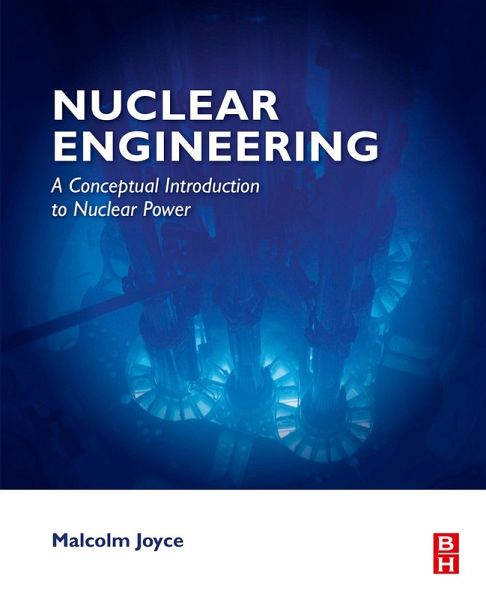
Nuclear Engineering (eBook, ePUB)
A Conceptual Introduction to Nuclear Power
Versandkostenfrei!
Sofort per Download lieferbar
40,95 €
inkl. MwSt.
Weitere Ausgaben:

PAYBACK Punkte
20 °P sammeln!
Nuclear Engineering: A Conceptual Introduction to Nuclear Power provides coverage of the introductory, salient principles of nuclear engineering in a comprehensive manner for those entering the profession at the end of their degree. The nuclear power industry is undergoing a renaissance because of the desire for low-carbon baseload electricity, the growing population, and environmental concerns about shale gas, so this book is a welcomed addition to the science. In addition, users will find a great deal of information on the change in the industry, along with other topical areas of interest th...
Nuclear Engineering: A Conceptual Introduction to Nuclear Power provides coverage of the introductory, salient principles of nuclear engineering in a comprehensive manner for those entering the profession at the end of their degree. The nuclear power industry is undergoing a renaissance because of the desire for low-carbon baseload electricity, the growing population, and environmental concerns about shale gas, so this book is a welcomed addition to the science. In addition, users will find a great deal of information on the change in the industry, along with other topical areas of interest that are uniquely covered. Intended for undergraduate students or early postgraduate students studying nuclear engineering, this new text will also be appealing to scientifically-literate non-experts wishing to be better informed about the 'nuclear option'. - Presents a succinct and clear explanation of the key facts and concepts on how nuclear engineering power systems function and how their related fuel supply cycles operate - Provides full coverage of the nuclear fuel cycle, including its scientific and historical basis - Describes a comprehensive range of relevant reactor designs, from those that are defunct, current, and in plan/construction for the future, including SMRs and GenIV - Summarizes all major accidents and their impact on the industry and society
Dieser Download kann aus rechtlichen Gründen nur mit Rechnungsadresse in A, B, BG, CY, CZ, D, DK, EW, E, FIN, F, GR, HR, H, IRL, I, LT, L, LR, M, NL, PL, P, R, S, SLO, SK ausgeliefert werden.




